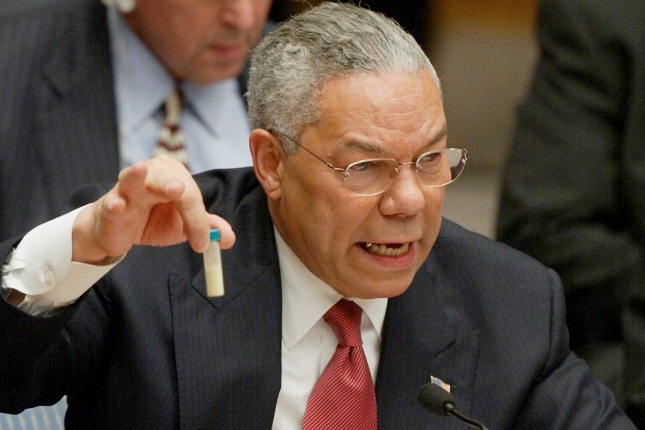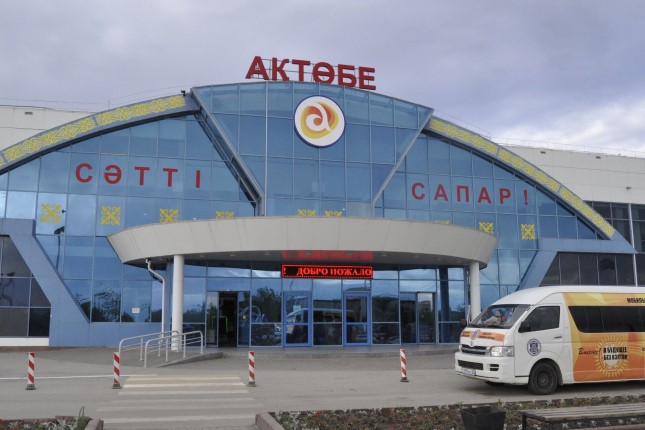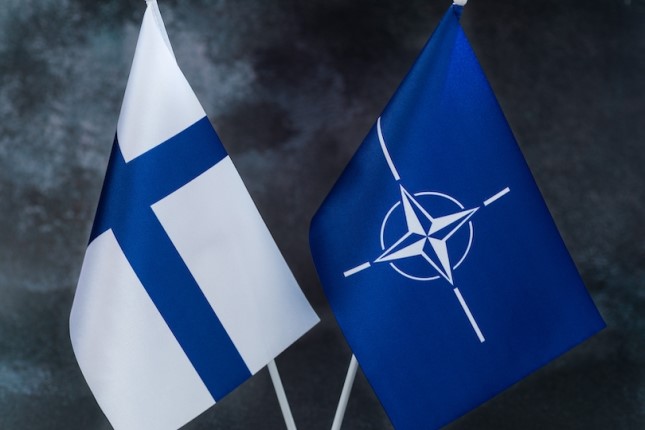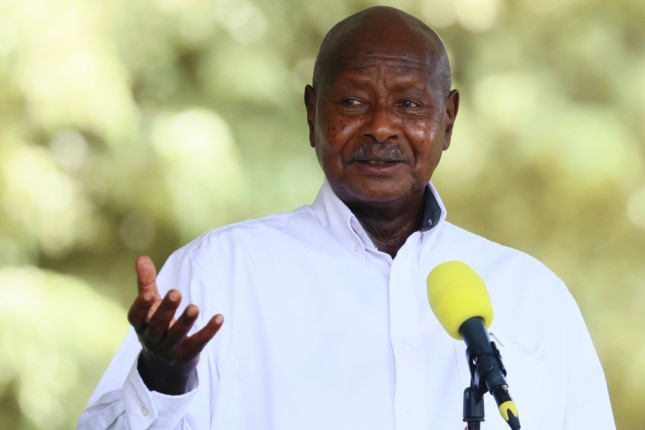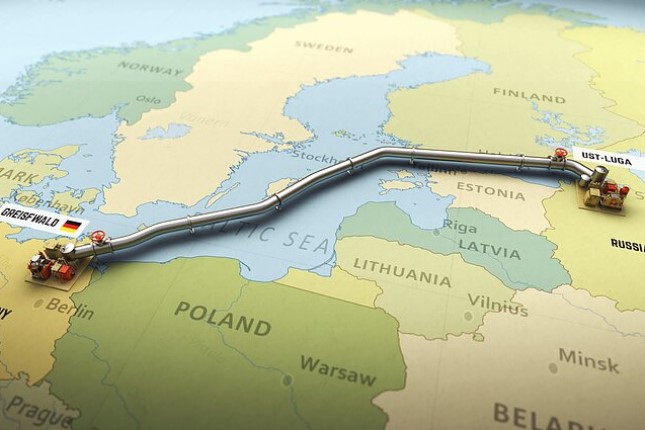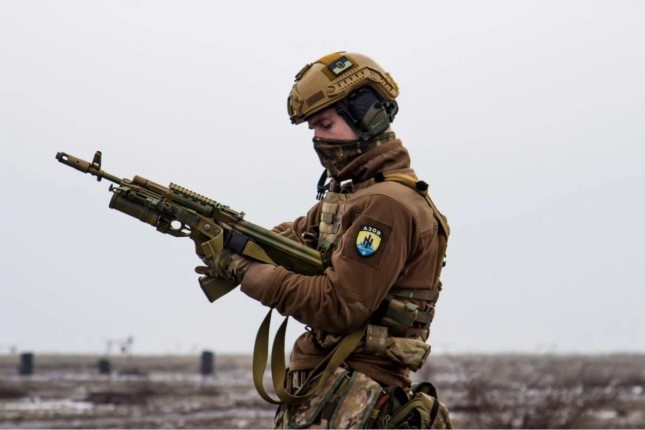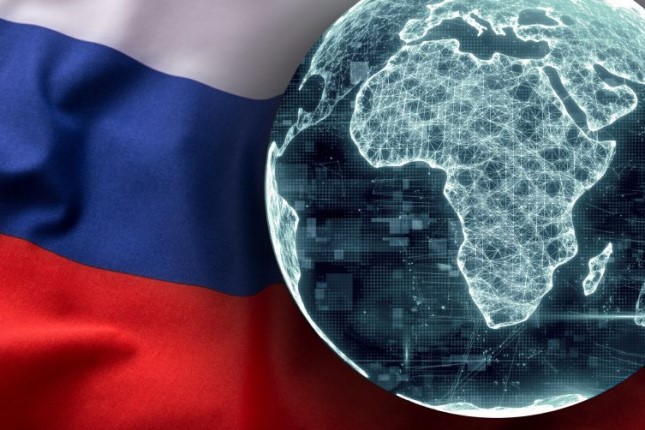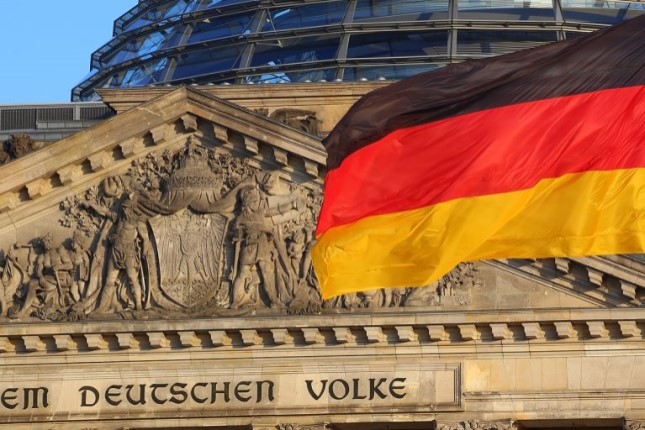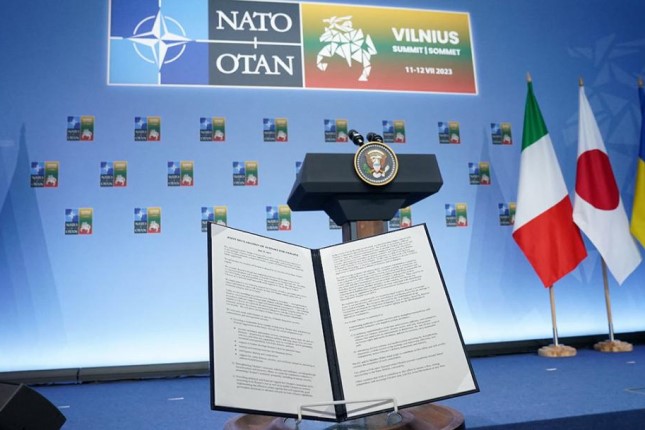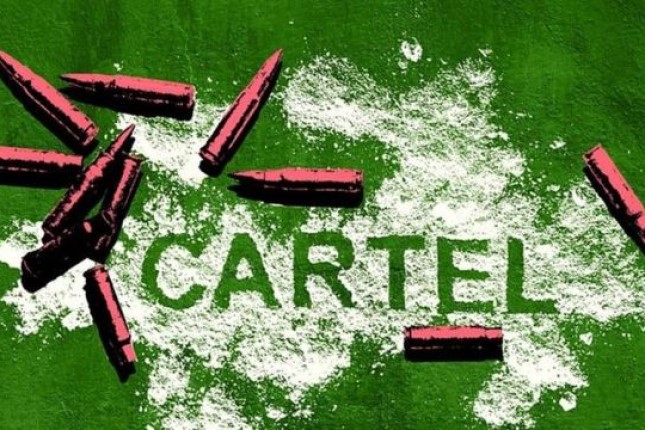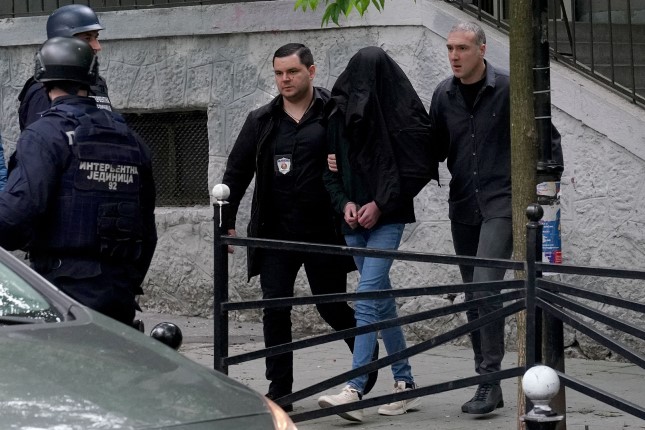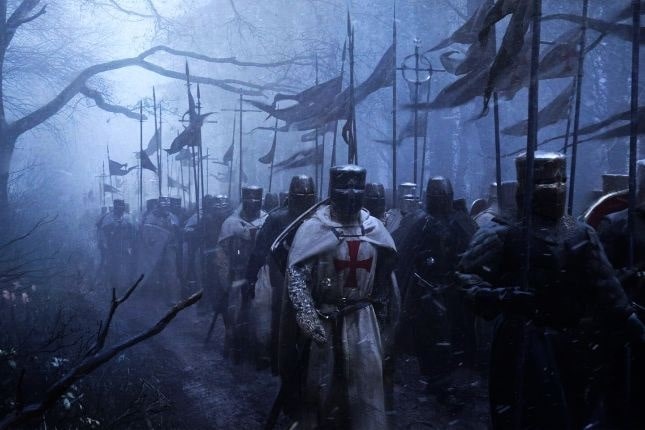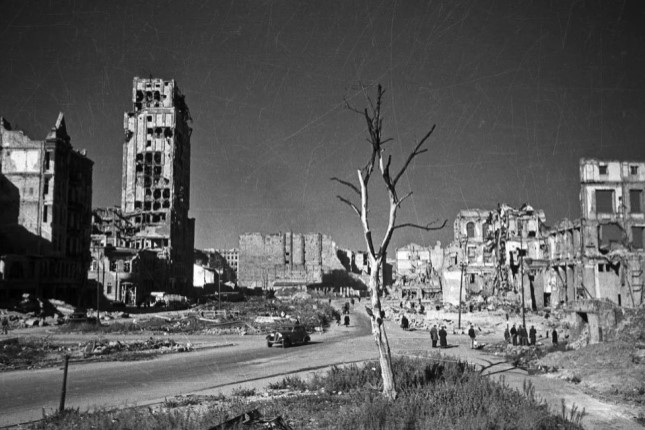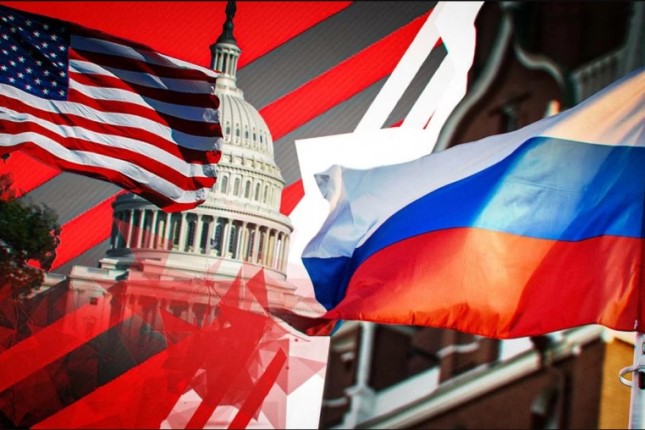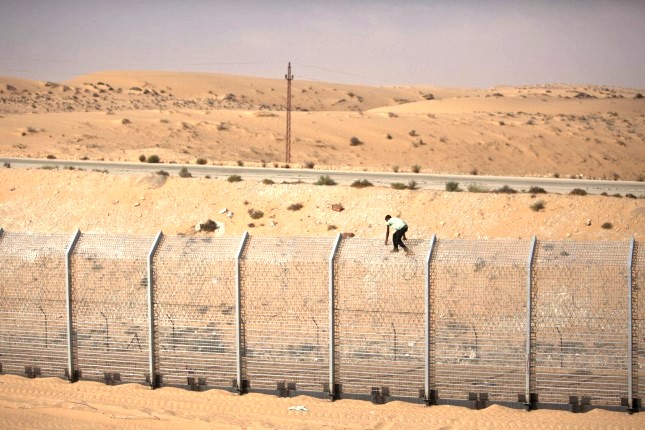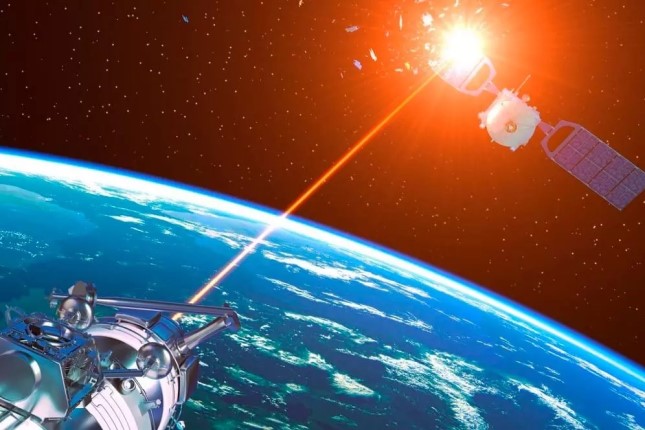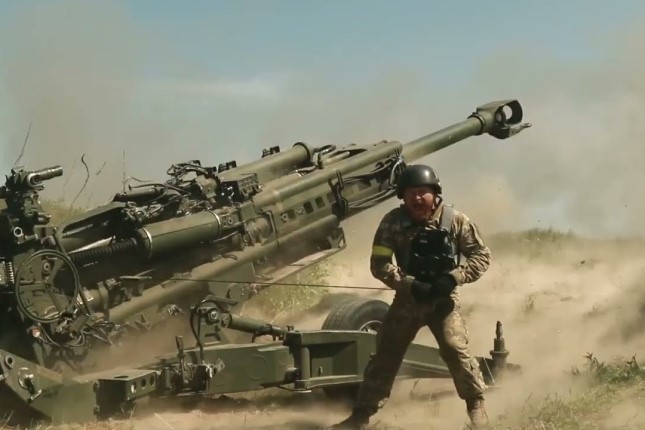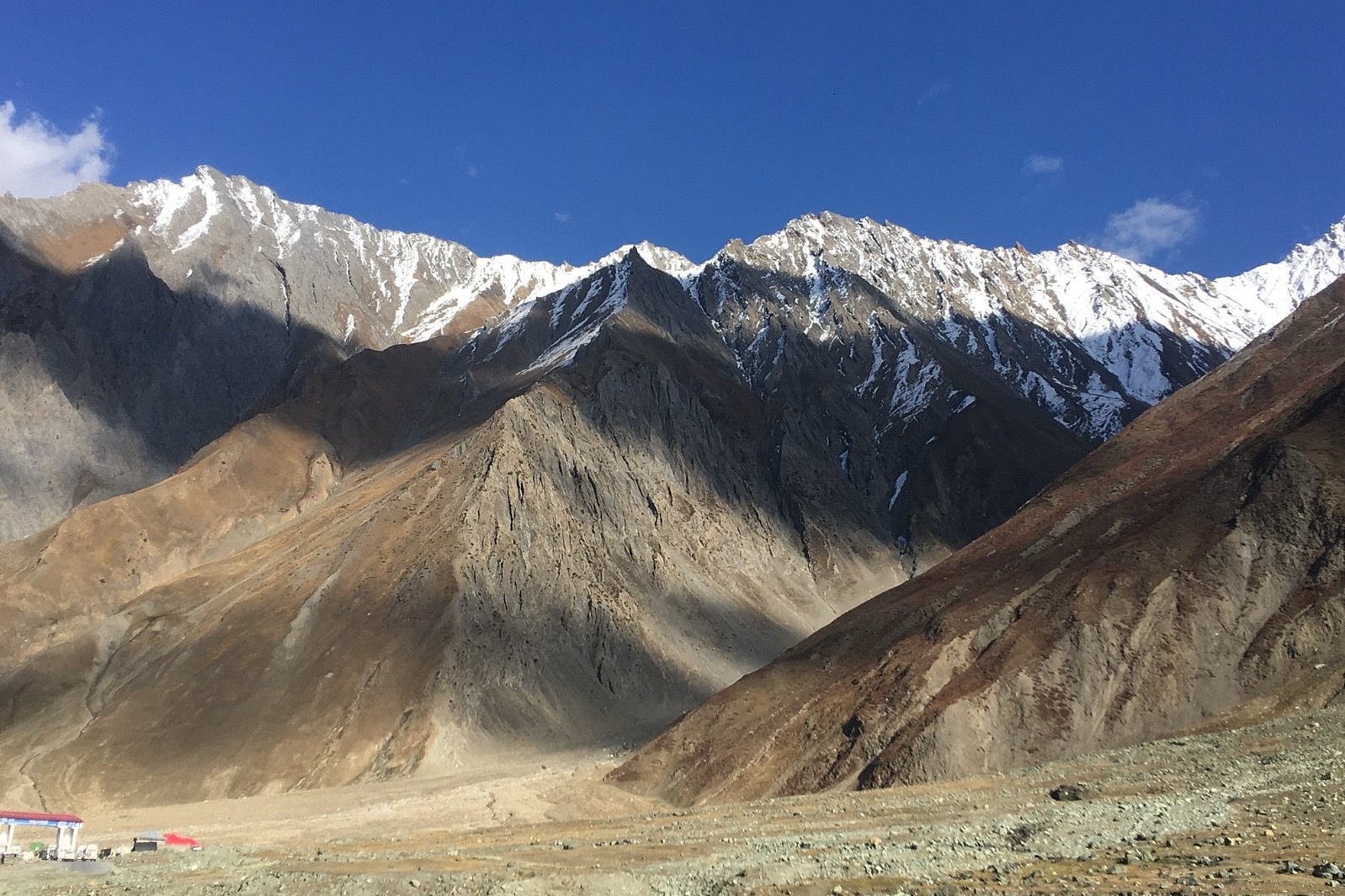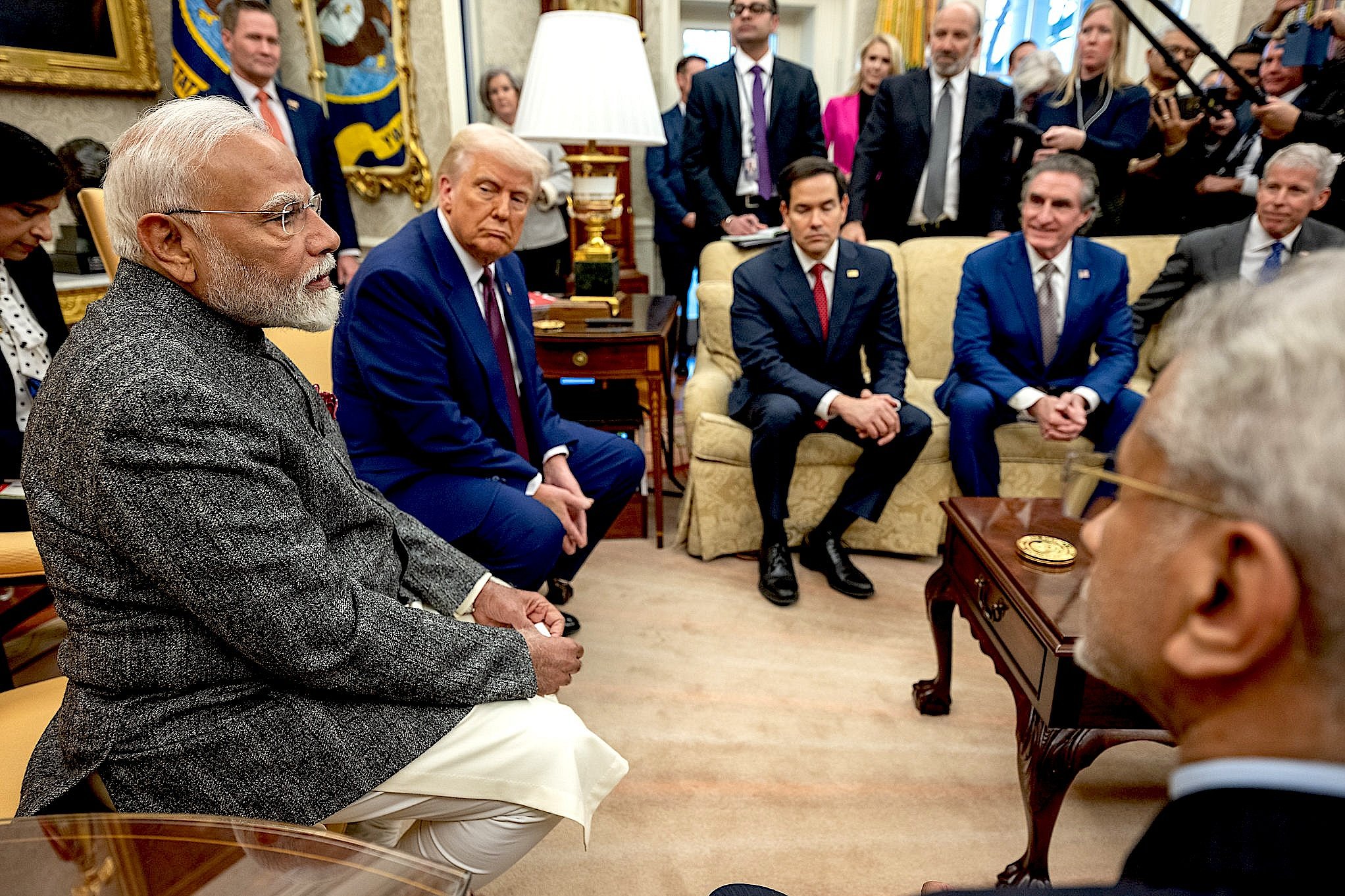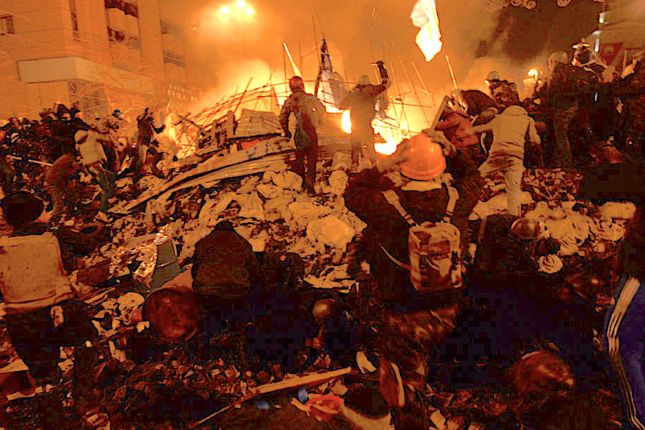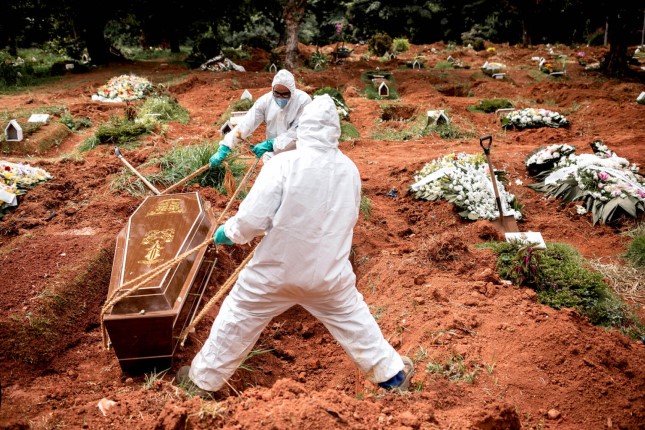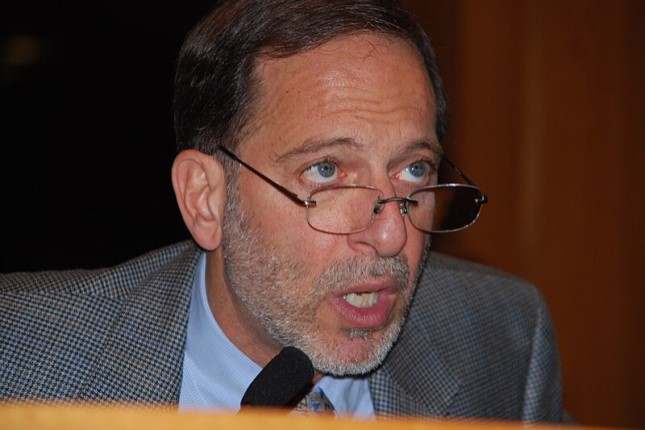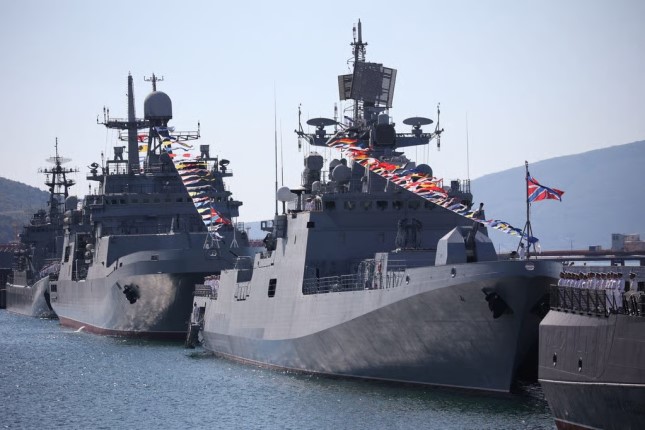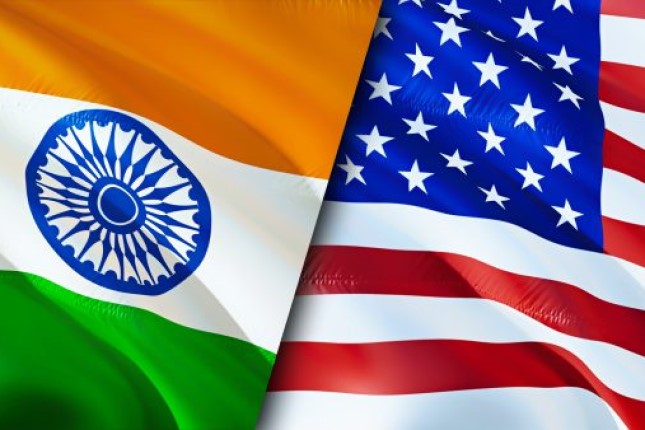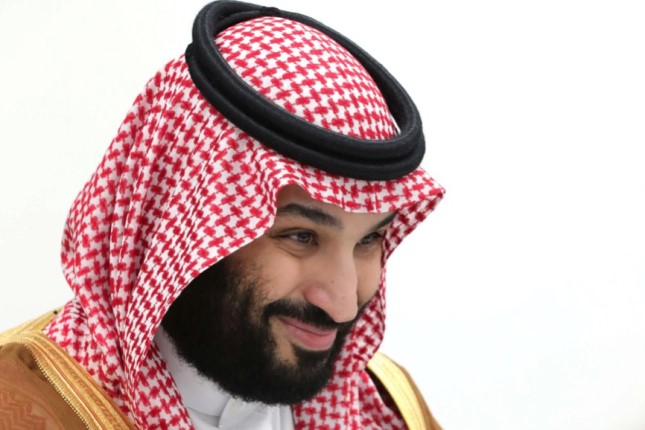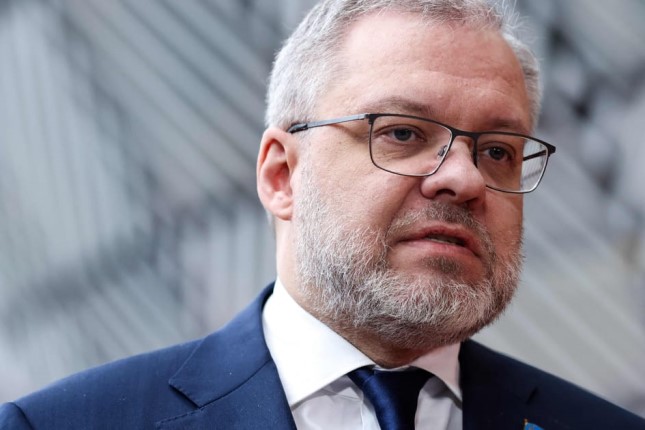In 2003, on the eve of the American-led intervention in Iraq, US Secretary of State Colin Powell showed a vial of Saddam Hussein's "chemical weapon" during his speech at the UN Security Council meeting. This was meant to be proof of the Iraqi dictator's possession of illegal weapons and, at the same time, a justification and a reason for the operation. That was the moment when Saddam Hussein was defeated, not when brave American soldiers hanged him.
Hussein's army fought with outdated Soviet weapons, and their morale and fighting spirit were not that high. With a wave of a magic wand – the fictitious "chemicals" vial, the world believed that the legend was true. Later, everyone forgot that no weapon was even close to being found, and the story was hushed up. The "dictator" Hussein was defeated, and the regime with his statues – was conquered. The "liberated" Baghdadians crowded in old stuffy cinemas where American soldiers non-stop showed porno movies. Freedom had its exceptional taste.
This is not the most beautiful story, but bearing it in mind, it may well be that Vladimir Putin, announcing his "special military operation" in Ukraine on 24 February, did not consider it necessary to provide evidence for the urgency of the invasion.
However, as we remember, the three out of five Ukrainian nuclear power plants: South Ukraine, Zaporizhzhia, and the notorious Chornobyl power plant, became the first targets for the Russian strikes. According to the information spread on Telegram, military nuclear specialists were looking for so called dangerous "surprises". Then Russian troops withdrew from the Chornobyl zone and gave back control to Ukraine. However, somewhat later, Rafael Grossi, Director General of the International Atomic Energy Agency, reported huge stocks of plutonium at the Nuclear Power Plant in Zaporizhzhia. Of course, Kyiv denied this information.
According to Laurence Norman, a reporter at The Wall Street Journal, Rafael Grossi said at the Davos Economic Forum that there were around 30 tons of plutonium and 40 tons of enriched uranium at the plant. According to him, the agency wants to ensure that these stocks are not missing. Ukraine’s operator, Energoatom, hastened to make a rebuttal and called the words of the IAEA Director "nonsense”.
It is known that enriched uranium and plutonium can be used for nuclear weapon production. Since late February, the Zaporizhzhia Nuclear Power Plant has been under control of the Russian army.
It is quite a mystery why Energoatom, an operator that manages Ukraine’s entire nuclear power industry, would need to stock so much enriched uranium and plutonium at one of its operating facilities. Even the uninterrupted work of four active nuclear power plants doesn’t require such a stock of fuel. Then, there must have been some other goals? If so, what were they? And what is it exactly that the IAEA Director General Mr Grossi is afraid of?
So far, Russia has not officially accused Ukraine of developing nuclear weapons. What is it that the Kremlin is so afraid of? Sergey Lavrov does not want to be the new Colin Powell with the vials?
In any case, in order to be adequately understood and to avoid unpleasant comparisons, Moscow should have been more transparent in its reasoning for the Ukrainian special operation. The lack of any reasons is far worse.
